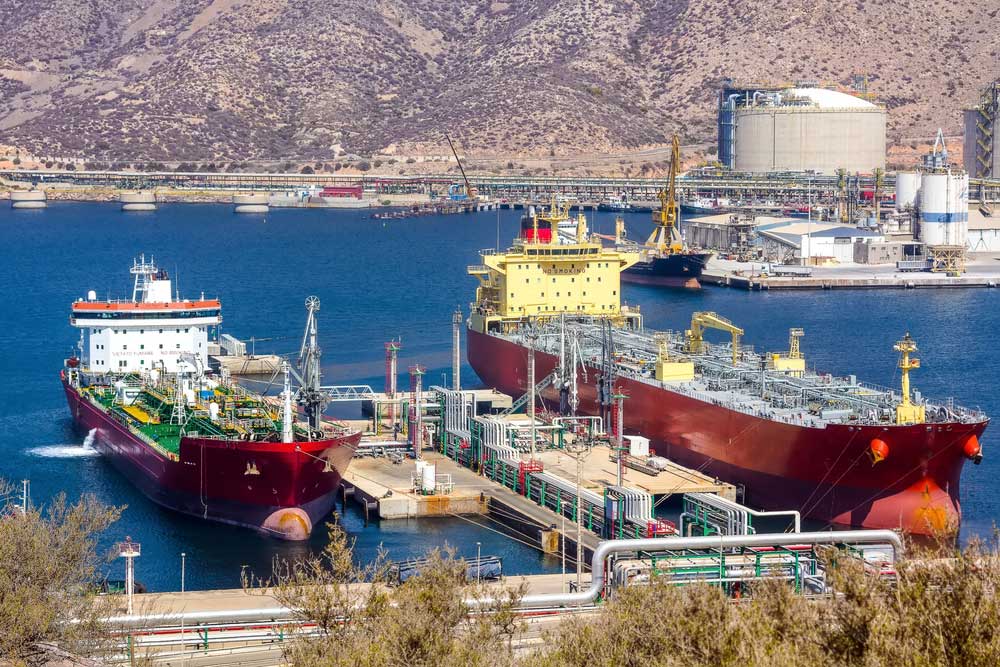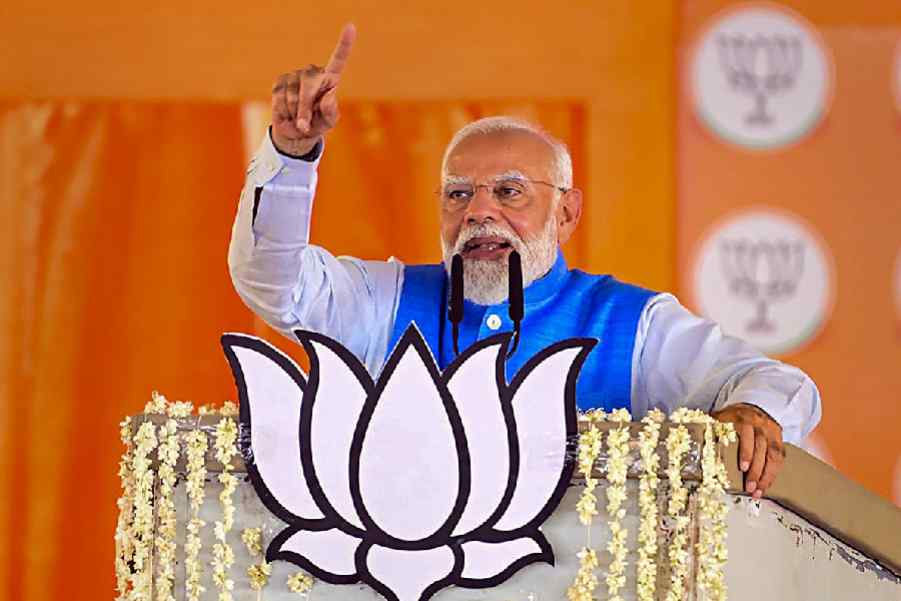State-owned refiners are working out an alternative strategy to fill up the void as Washington goes ahead with its plan to tighten sanctions on Iran by ending the waiver for Tehran crude from May 2. This led to a 3.3 per cent spike in the price of Brent crude to $74.31 per barrel — the highest level since November 1.
US secretary of state Mike Pompeo said on Monday: “Saudi Arabia and the UAE will ensure appropriate supply along with the US.”
Riyadh and Abu Dhabi are already negotiating with Iran’s remaining customers to make up the shortfall in supply. Saudi Arabia and the UAE have assured Washington they will make up the gap created by eliminating exports from Iran, Pompeo said.
This implies that Riyadh and Abu Dhabi will abandon the Opec production cut agreement in effect through the end of June.
The US has ended the six- month sanction waiver announced earlier to eight countries, including India and China.
Reacting to the US decision, government sources said: “We are studying the implications of the decision and will make a statement at an appropriate time.”
Oil ministry officials, however, declined to comment on the decision of the US not to extend the waiver beyond May 2.
Industry sources said plans are being made to buy crude from other sources to meet the domestic demand.
India imported more than 9 per cent of its crude requirement from Iran in 2017-18.
The spike in global crude prices would have a significant impact on the country’s oil import bill, which is expected to go up to $115 billion in 2018-19 from $88 billion in the corresponding period previous fiscal.
Also, every dollar increase in the price of oil raises the import bill by around Rs 10,700 crore a year.
The second biggest purchaser of Iranian oil after China has since then restricted its monthly purchase to 1.25 million tonnes or 15 MT in a year (300,000 barrels per day), down from 22.6MT (452,000 barrels per day) bought in 2017-18, sources said.










